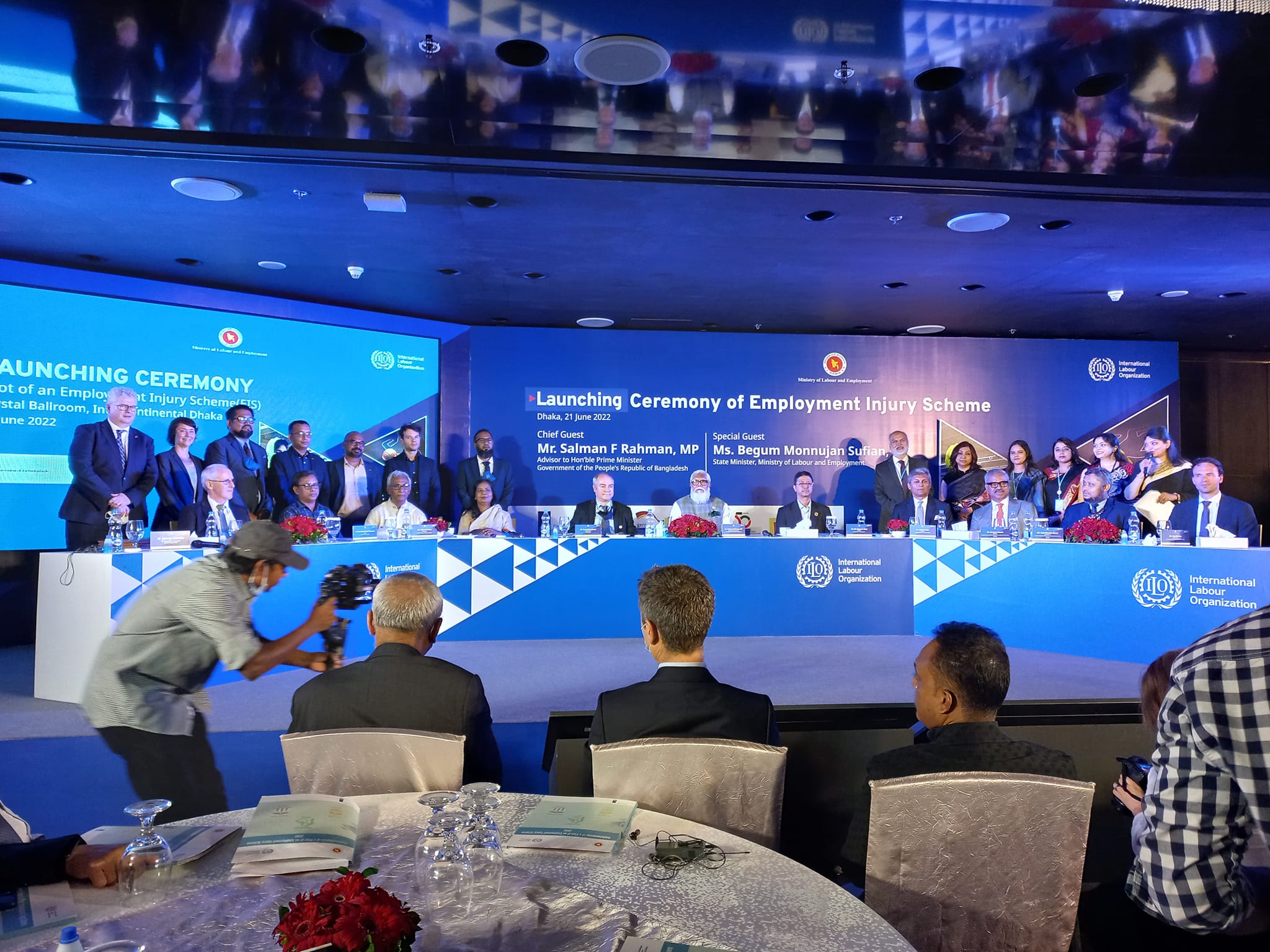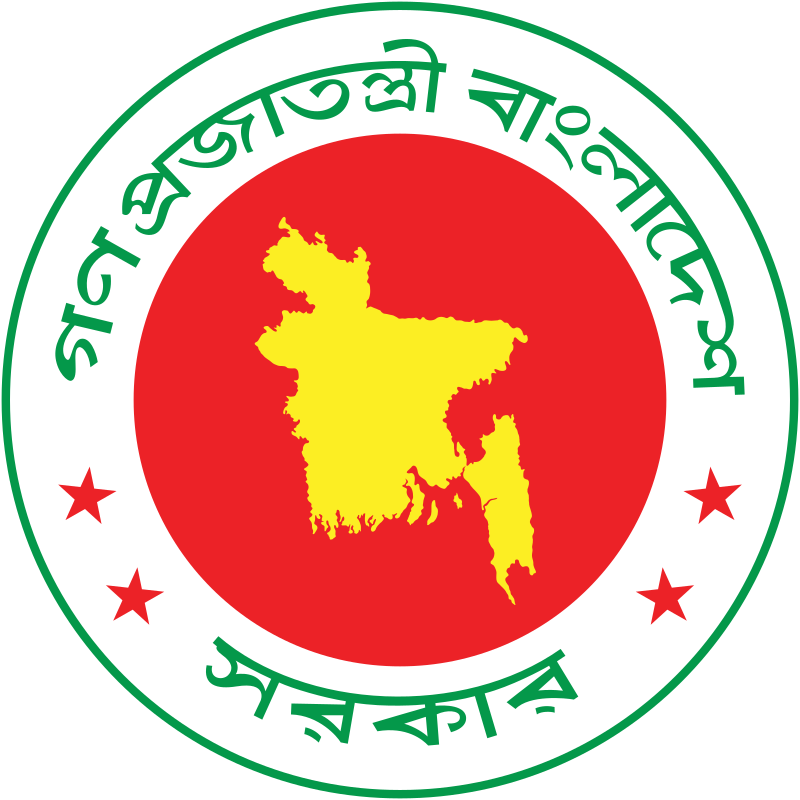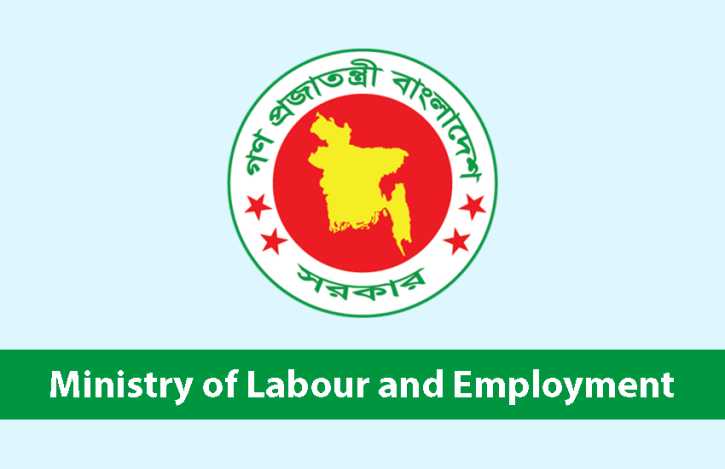The Ministry of Labour and Employment in Bangladesh oversees labor laws and employment policies. It aims to improve working conditions.
The Ministry of Labour and Employment in Bangladesh plays a vital role in regulating labor laws. It focuses on enhancing workers’ rights, ensuring safe working conditions, and promoting fair wages. The ministry also addresses issues like child labor and workplace discrimination.
By implementing various policies and initiatives, it works towards creating a balanced and fair labor market. The ministry collaborates with international organizations to align with global labor standards. It also provides training and resources to improve workforce skills. Overall, it strives to create a conducive environment for both employers and employees in Bangladesh.
Key Functions
The Ministry of Labour and Employment Bangladesh plays a vital role in the nation’s workforce. Their key functions cover a wide range of responsibilities. They work to ensure fair labor practices and safeguard workers’ rights. Here are some of their main functions:
Policy Formulation
The ministry is responsible for developing labor policies that benefit both employers and workers. They create policies to promote safe working conditions and fair wages. The ministry also focuses on generating employment opportunities. These policies aim to improve the overall labor market in Bangladesh.
Effective policy formulation involves:
- Analyzing current labor market trends
- Consulting with stakeholders
- Drafting new regulations
- Reviewing existing laws
Labor Law Enforcement
Ensuring compliance with labor laws is a key function of the ministry. They work to enforce labor laws and protect workers’ rights. This includes monitoring workplaces for safety and legal compliance. The ministry conducts regular inspections to ensure employers follow the rules.
Labor law enforcement includes:
- Inspecting workplaces
- Investigating complaints
- Issuing penalties for violations
- Providing legal support to workers
The Ministry of Labour and Employment ensures a balanced, fair, and safe work environment. Their efforts promote economic growth and social stability.

Credit: www.industriall-union.org
Employment Services
The Ministry of Labour and Employment Bangladesh provides various employment services. These services aim to improve job opportunities and skills for citizens.
Job Placement Programs
The job placement programs help job seekers find suitable work. They connect individuals with potential employers.
- Job fairs
- Online job portals
- Career counseling sessions
Job fairs offer a platform for meeting employers. Job seekers can explore different career options.
The Ministry also uses online job portals. These portals list various job openings. They make it easy to apply for jobs.
Career counseling sessions provide guidance. They help job seekers understand their strengths. They also offer tips on resume writing and interview skills.
Vocational Training
Vocational training improves skills for specific trades. It prepares individuals for employment in various sectors.
| Training Program | Duration | Target Group |
|---|---|---|
| Electrical Installation | 6 months | Youth and adults |
| Computer Operation | 3 months | All age groups |
| Garment Manufacturing | 4 months | Unemployed individuals |
Electrical Installation training teaches skills for electrical work. It lasts for 6 months.
Computer Operation training covers basic computer skills. It is a 3-month course.
Garment Manufacturing training focuses on the textile industry. This program lasts 4 months and targets unemployed people.
These programs aim to reduce unemployment. They provide valuable skills for the job market.
Workers’ Rights
The Ministry of Labour and Employment Bangladesh plays a pivotal role in safeguarding workers’ rights. This ministry ensures fair treatment and safety for all workers. Let’s explore some essential aspects of workers’ rights in Bangladesh.
Wage Regulations
Wage regulations are crucial for ensuring workers receive fair compensation. The ministry sets minimum wage standards across various industries. These standards help prevent worker exploitation. Employers must adhere to these regulations to avoid penalties.
Below is a table that highlights the current minimum wage for different sectors:
| Industry | Minimum Wage (BDT) |
|---|---|
| Garment | 8,000 |
| Agriculture | 5,000 |
| Construction | 6,500 |
Workplace Safety
Workplace safety is another critical aspect of workers’ rights. The ministry enforces strict safety regulations to protect workers from hazards. These regulations include safety training and proper equipment usage.
Key safety measures include:
- Regular safety inspections
- Mandatory safety training for all workers
- Provision of personal protective equipment (PPE)
Employers must ensure the workplace is free from dangers. Failure to comply can result in severe penalties.

Credit: en.wikipedia.org
Social Protection
The Ministry of Labour and Employment in Bangladesh offers robust social protection programs. These programs aim to support workers and their families. Social protection ensures a safety net for citizens in times of need. The key components include unemployment benefits and health insurance.
Unemployment Benefits
Unemployment benefits provide financial assistance to jobless individuals. This benefit helps them meet their basic needs. The Ministry has set clear criteria for eligibility. The process is straightforward and user-friendly.
- Eligibility: Must be a registered worker.
- Duration: Up to six months.
- Amount: Based on previous earnings.
Applying for unemployment benefits involves filling out a form. The form is available online and at local offices. Once approved, payments are made monthly. This support helps individuals until they find new employment.
Health Insurance
Health insurance is another vital part of social protection. It covers medical expenses for workers and their families. The Ministry collaborates with various health providers.
- Coverage: Hospitalization, surgery, and outpatient care.
- Premium: Affordable and partly subsidized.
- Network: Extensive list of hospitals and clinics.
Workers need to register to benefit from health insurance. The registration process is simple and quick. Once registered, they receive a health card. This card grants access to various medical services.
Both unemployment benefits and health insurance are crucial. They ensure the well-being of workers in Bangladesh. The Ministry continually improves these programs for better service.
Labor Market Trends
The labor market in Bangladesh is always changing. Understanding these trends helps in making informed decisions. This section explores the current employment statistics and future job projections.
Current Employment Statistics
Bangladesh has a large workforce. The latest data shows interesting facts:
- Total Workforce: 70 million people
- Unemployment Rate: 4.2%
- Labor Force Participation Rate: 58.2%
The country has a young labor force. Most workers are between 15-34 years old.
Future Job Projections
Future job trends indicate growth in various sectors. Here are some key projections:
| Sector | Projected Growth |
|---|---|
| Information Technology | 15% |
| Manufacturing | 10% |
| Healthcare | 8% |
These sectors will need more skilled workers. So, training and education are very important.

Credit: www.ilo.org
Challenges Faced
The Ministry of Labour and Employment in Bangladesh faces many challenges. These hurdles impact the efficiency and fairness of the labor market. Let’s explore two key issues: the informal sector and gender inequality.
Informal Sector Issues
The informal sector employs a large part of the workforce in Bangladesh. Workers in this sector often lack formal contracts. This makes them vulnerable to unfair labor practices.
Many do not get health benefits or job security. They work in unsafe conditions. This impacts their well-being and productivity.
The government aims to formalize this sector. Yet, enforcement remains weak. This leaves many workers without proper protection.
Gender Inequality
Gender inequality is a significant challenge in the labor market. Women often earn less than men for the same work. They face discrimination and fewer opportunities.
Women are underrepresented in higher-paying jobs. They also bear the brunt of unpaid domestic work. This limits their economic participation.
The Ministry has initiatives to promote gender equality. Yet, cultural norms and lack of enforcement hinder progress.
| Challenge | Impact |
|---|---|
| Informal Sector | Lack of job security, health benefits, and safe working conditions |
| Gender Inequality | Lower wages for women, underrepresentation in higher-paying jobs |
Addressing these challenges requires a multi-faceted approach. Stronger regulations and enforcement can help. Public awareness campaigns also play a crucial role.
Future Initiatives
The Ministry of Labour and Employment in Bangladesh is gearing up for significant future initiatives. These initiatives aim to modernize the workforce and ensure sustainable employment practices. The upcoming plans focus on two main areas: Digital Transformation and Sustainable Employment Practices.
Digital Transformation
The Ministry is driving a shift towards digitalization. This will make processes faster and more efficient. They plan to implement digital tools for better workforce management.
- Online Job Portals: These platforms will connect job seekers with employers.
- Digital Training Modules: Workers can access skill development programs online.
- Real-Time Data Analytics: This will help monitor and predict employment trends.
Sustainable Employment Practices
The Ministry is committed to promoting sustainable employment. This means creating jobs that are both environmentally friendly and economically viable. They have several initiatives planned.
- Green Jobs: Encouraging industries to adopt eco-friendly practices.
- Inclusive Employment: Ensuring equal opportunities for all, including marginalized groups.
- Long-Term Contracts: Promoting job stability through secure contracts.
| Initiative | Details |
|---|---|
| Online Job Portals | Connecting job seekers with employers. |
| Green Jobs | Promoting eco-friendly industrial practices. |
| Inclusive Employment | Ensuring equal opportunities for all. |
Conclusion
The Ministry of Labour and Employment in Bangladesh plays a crucial role in worker welfare. Their efforts enhance job opportunities and work conditions. Stay informed about their initiatives for a better workforce. Always support policies that benefit both employers and employees.
Follow their updates for the latest news and developments.



